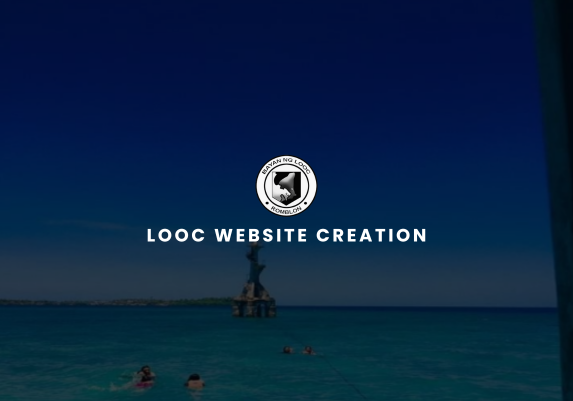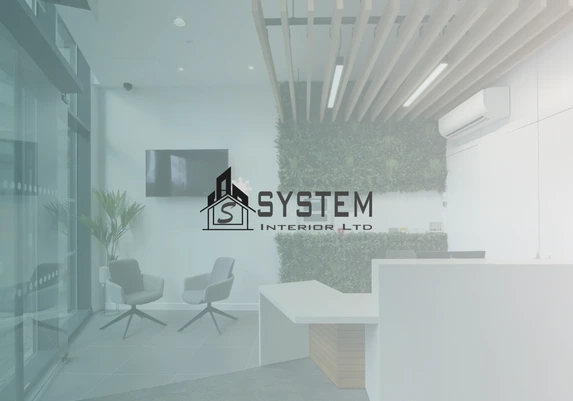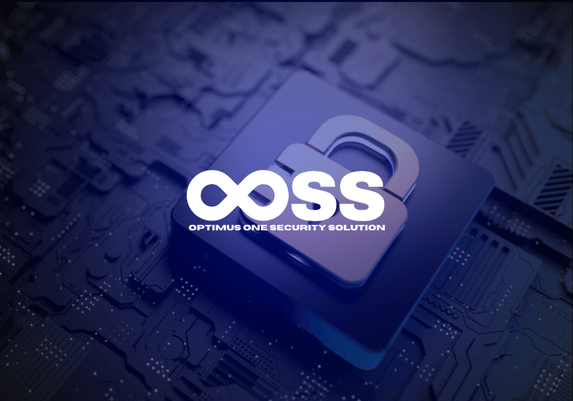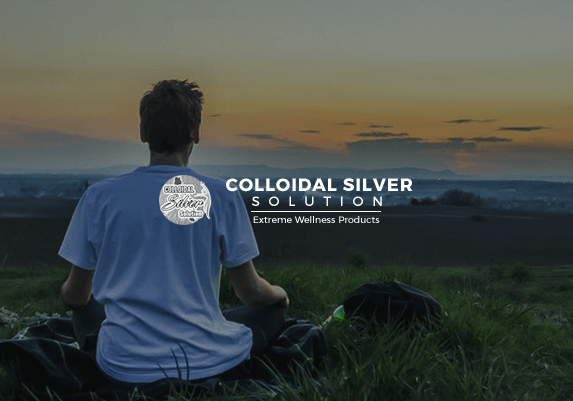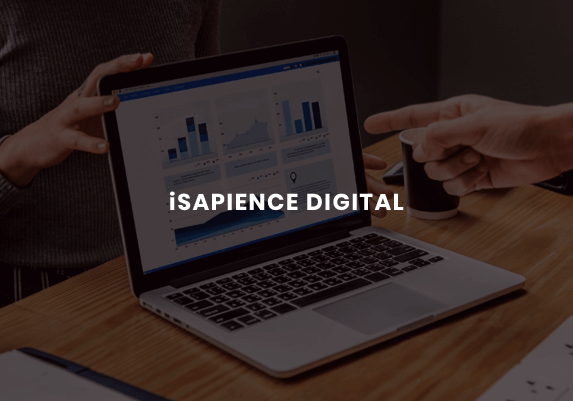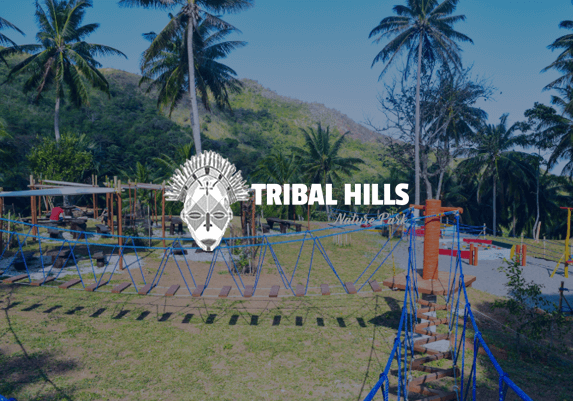Accessibility has emerged as a crucial aspect of web development services ensuring that websites are inclusive and usable for all users, regardless of their abilities or disabilities. For web development services in the Philippines, embracing the principles of accessibility is not only a matter of compliance with international standards but also a commitment to creating an inclusive online environment for a diverse audience.
Understanding Accessibility in Web Development
Accessibility in web development refers to the practice of designing and developing websites in a way that ensures they are perceivable, operable and understandable for all users including those with disabilities. This encompasses various aspects, including visual, auditory, cognitive and motor impairments.
- Perceivability: Ensuring that information and user interface components are presented in a way that can be perceived by all users, regardless of their sensory abilities. This involves providing alternative text for images, captions for videos, and clear and readable text.
- Operability: Focusing on designing navigation and interactive elements that can be operated by a wide range of users, including those who may rely on keyboard navigation or assistive technologies like screen readers.
- Understandability: Striving to present content and functionality in a clear and straightforward manner, minimizing confusion and ensuring that users can easily comprehend and navigate through the website.
The Impact of Accessibility on User Experience
Prioritizing accessibility in web development services not only aligns with ethical considerations but also has a profound impact on user experience. When websites are designed with accessibility in mind, they become more user-friendly, intuitive, and welcoming to all visitors. This inclusivity fosters a positive and inclusive user experience, which can lead to higher user satisfaction and increased engagement.
Moreover, accessible websites often experience benefits such as improved SEO performance, as search engines value websites that are user-friendly and provide a seamless experience for all users. This, in turn, can lead to higher visibility and better rankings in search results, a critical factor for web development services in the Philippines seeking to enhance their online presence.
Accessibility as a Legal and Ethical Imperative
Beyond its impact on user experience, accessibility is increasingly becoming a legal requirement in many countries, including the Philippines. International standards such as the Web Content Accessibility Guidelines (WCAG) provide comprehensive guidelines for creating accessible websites. Adhering to these standards not only ensures legal compliance but also demonstrates a commitment to inclusivity and social responsibility.
Web Development Services in the Philippines: Leading the Way in Accessibility
In the Philippines, where a diverse population with varying needs and abilities accesses online content, prioritizing accessibility in web development services is of paramount importance. By adopting inclusive design practices, web developers in the Philippines can contribute to creating a digital landscape that empowers all users to access information, engage with content, and interact with online services seamlessly.
As the demand for accessible online experiences continues to rise, web development agency in the Philippines have a unique opportunity to lead the way in promoting inclusivity and accessibility. By integrating accessibility principles into their development process, they can not only meet legal requirements but also elevate user experiences for all visitors.




